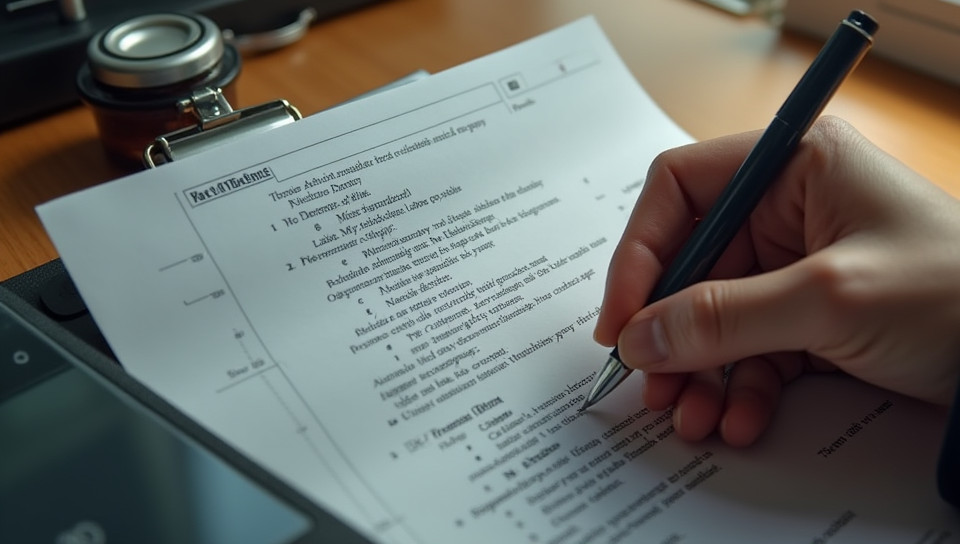Fact-checking may not catch all types of misinformation 88%

The Limits of Fact-Checking: Why It May Not Be Enough
In today's digital age, misinformation spreads faster than ever before. With the rise of social media and online news outlets, it's easier for false information to reach a massive audience in a matter of seconds. To combat this issue, fact-checking has become a crucial tool in verifying the accuracy of claims made by individuals, organizations, or institutions. However, despite its importance, fact-checking may not be enough to catch all types of misinformation.
The Complexity of Misinformation
Misinformation can take many forms, from fake news articles to manipulated images and videos. It can be spread intentionally or unintentionally, and it can be difficult to detect, especially in the early stages. Moreover, misinformation can be tailored to specific groups or interests, making it even more challenging to identify.
The Limitations of Fact-Checking
Fact-checking is not a foolproof method for identifying all types of misinformation. Here are some reasons why:
- It relies on human judgment and bias
- It may not cover all sources or topics
- It can be time-consuming and costly
- It may not be effective in detecting subtle manipulations or micro-targeted disinformation campaigns
The Rise of New Forms of Misinformation
In recent years, new forms of misinformation have emerged, making fact-checking even more challenging. These include:
- Deepfakes: highly realistic AI-generated videos and audio recordings
- AI-generated content: fake news articles, social media posts, and other types of digital content created by algorithms
- Micro-targeted disinformation campaigns: tailored messages designed to influence specific individuals or groups
Conclusion
Fact-checking is an essential tool in the fight against misinformation, but it has its limitations. As new forms of misinformation emerge, we need to develop more effective strategies for detecting and preventing them. This requires a multifaceted approach that involves not only fact-checking but also media literacy education, social media regulation, and the development of technologies that can detect and flag suspicious content. By acknowledging the limitations of fact-checking and working together, we can create a safer online environment where accurate information can thrive.
- Created by: Miguel Ángel Acosta
- Created at: Sept. 13, 2024, 9:13 p.m.
- ID: 9402







